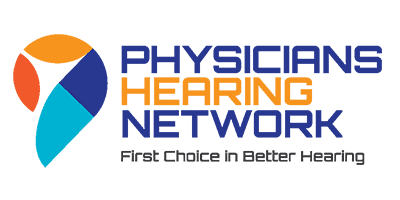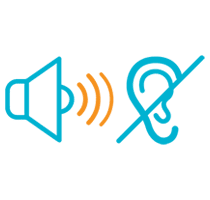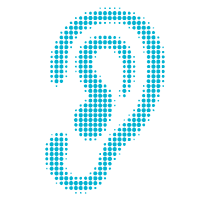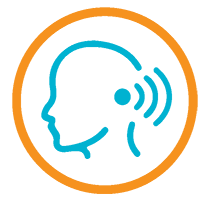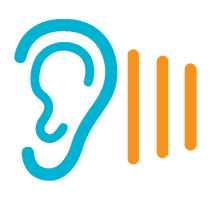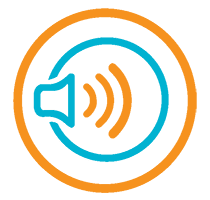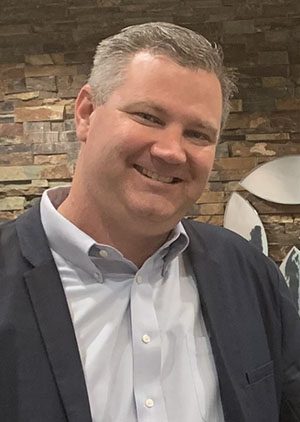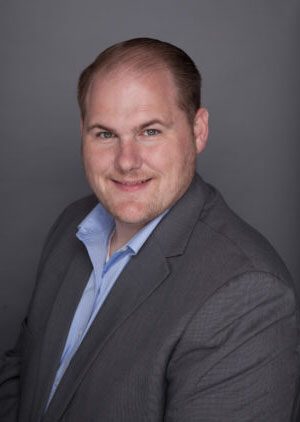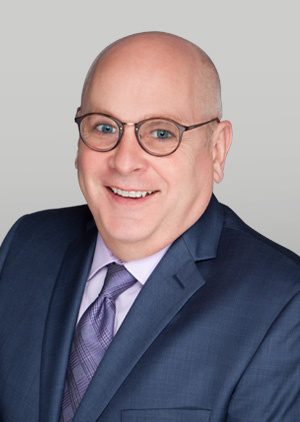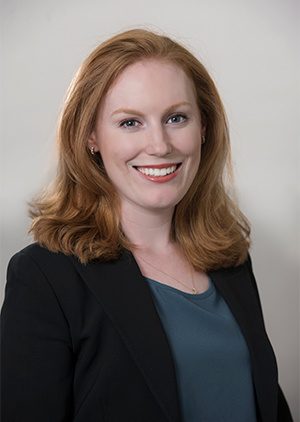Joe is responsible for expanding Physicians Hearing Network’s presence within the primary care market. He seeks out and engages with independent primary care practices that benefit from providing complete hearing healthcare services at the patient’s initial point of care.
Joe attended Ball State University and a host of sales and negotiating courses. He has a diverse business background, serving in senior sales and sales management positions ranging from complex technology solutions for the largest US mortgage lenders to medical devices, biologics, and regenerative medicine, earning several top honors along the way. At various times he also held management responsibility for marketing, product management, customer service, and training. Joe understands that in the end, it comes down to providing solutions that allow a business to improve their customer’s experience and their bottom line.
